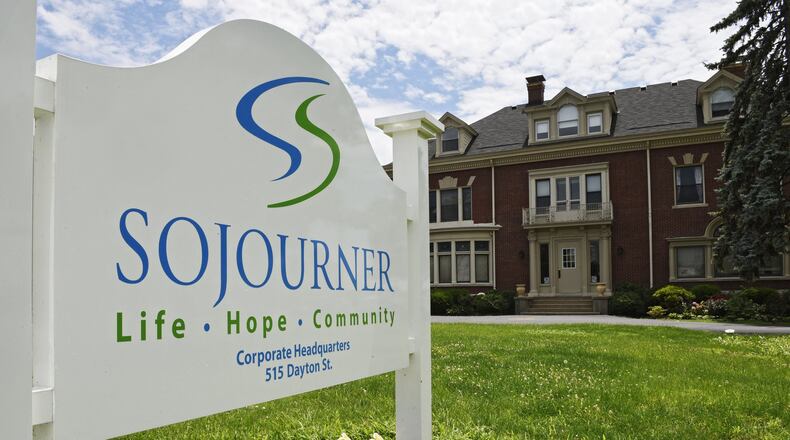Second, she hopes the information collected will find gaps in addiction services and provide evidence-based data to leaders and politicians at local, state and federal levels.
BUTLER COUNTY NEWS: That boost in Butler County revenue? More people are paying their property taxes
“We need a complete list of all recovery housing in this 20-county area,” said Hay-Rollins, director of the Global Health Research Innovation Center and chair of the Department of Anthropology at Miami.
Sojourner Recovery Services CEO Scott Gehring said it’s “a win” anytime access to services is made more accessible.
“When you’re in recovery, it feels like everything is working against you,” he said. “Access is something that needs to be increased.”
Gehring said the longer a person remains in contact with a recovery housing or their recovery coach, the longer their sobriety lasts — and it “goes up significantly” after 18 months.
The concept for the survey came following meetings at Interact for Health, a Cincinnati organization that promotes health equity in the region, Hay-Rollins said. She said the need for more housing was an issue that repeatedly came up. Interact for Health agreed to fund the project.
“We’re just trying to find what’s out there,” she said of the survey.
Hay-Rollins, the principal investigator of the survey, and project manager Abbe Lackmeyer will partner with a team of Miami undergraduates on the project once the students move in.
The goal, Hay-Rollins said, is to work with people good with databases and data visualization “so we can find a way to make sure that (the database is) updated and dynamic.”
Ultimately, she said any treatment provider or someone assisting addicts can know when a recovery housing facility is available or has added beds, changes from one level to another or achieves a certification, and tell a addict in recovery if there’s housing available and where.
PARTICIPATE: Recovery Housing Survey
“It’s known that we don’t have enough recovery housing,” said Scott Rasmus, Butler County Mental Health and Addiction Recovery Services Board executive director.
“It’s always good to assess recovery housing capacity in your county, your area, your region, wherever, and just to know where you’re at and what you need.”
Hay-Rollins said while the database is one part, the other part is to talk with key stakeholders — including facility operators, family members of addicts and addicts in recovery — in the 20 counties spanning southeastern Indiana, northern Kentucky and southwestern Ohio “to find out are the existing structures out there meeting local needs. Where are the gaps?”
But the biggest gap Gehring sees is funding limitations, he said.
“The resources are in place, and the resources are scalable, but they’re restricted by the funding that’s available,” he said.
Sojourner charges little to nothing for services but said “the fact is it costs money. Funding is always your biggest gap.”
About the Author

